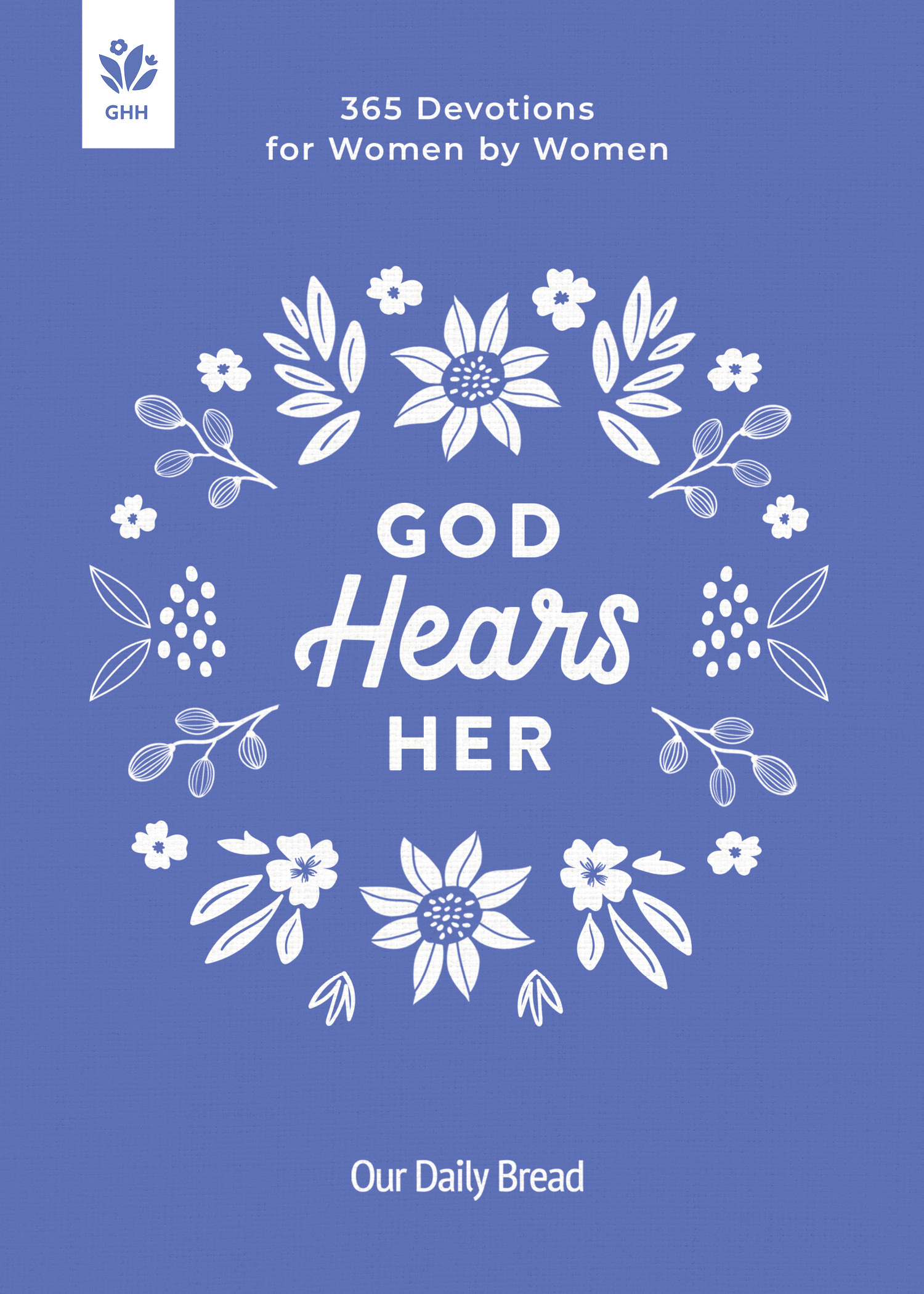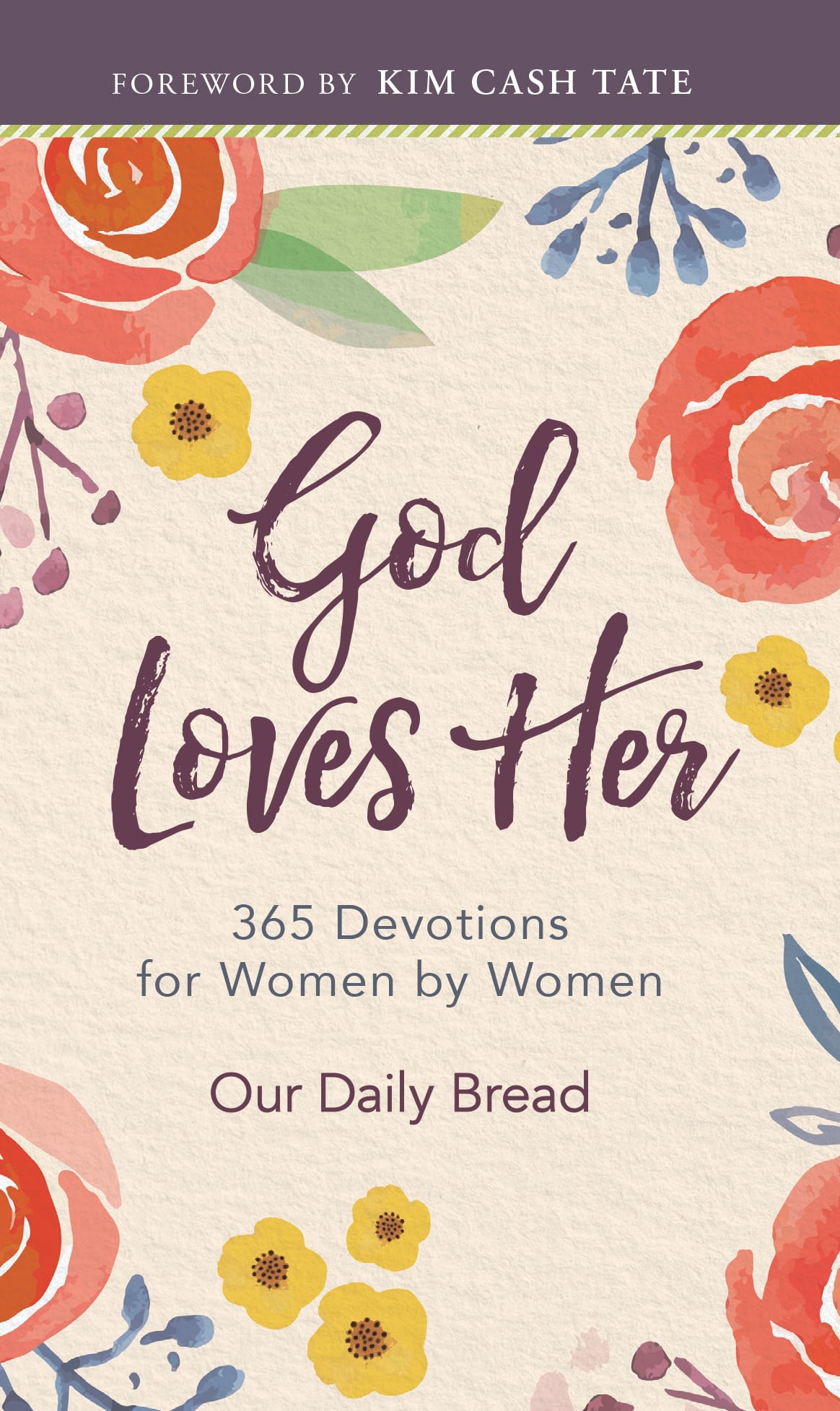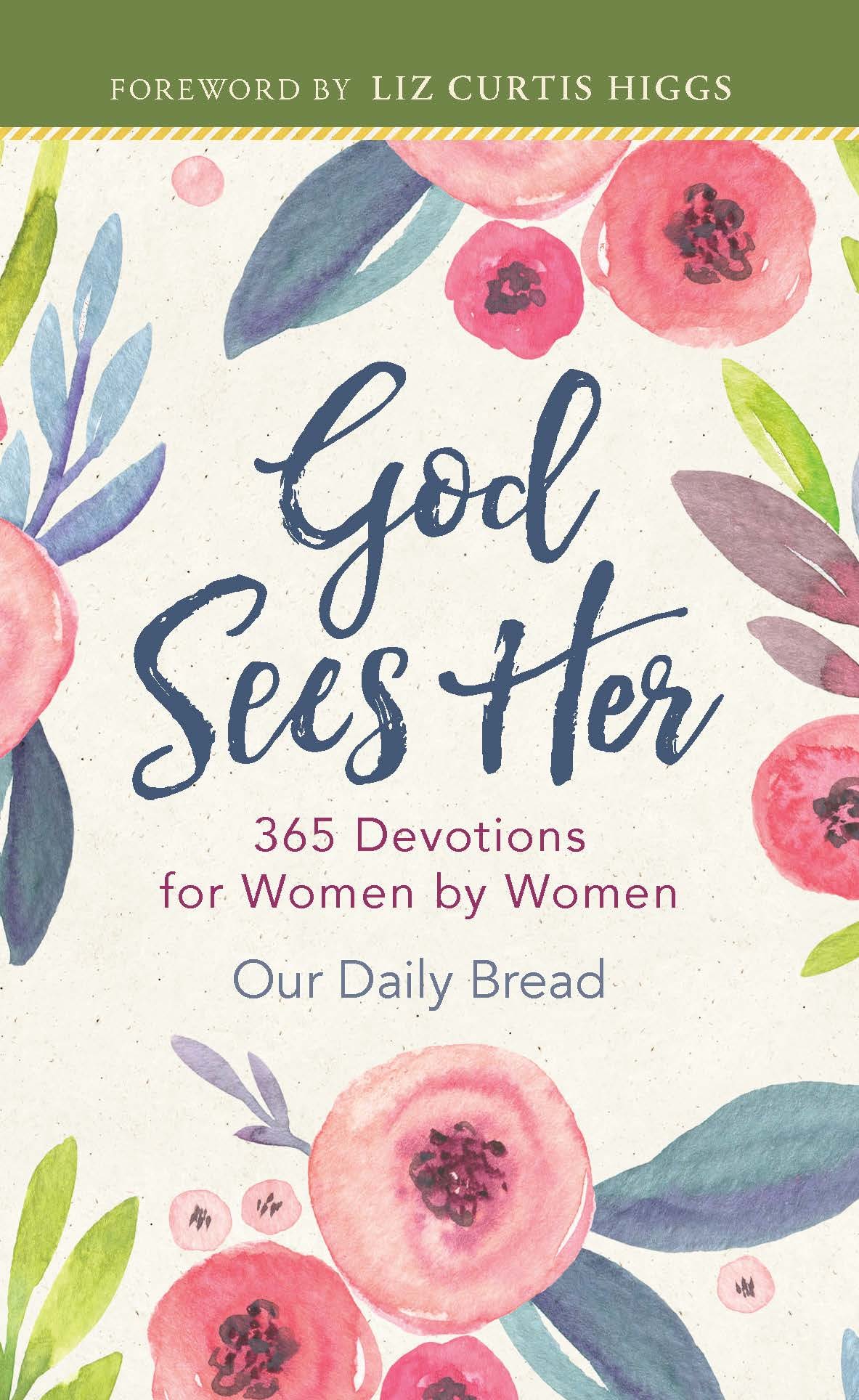In a book club I was a part of recently, we bonded over how much we related to the central female protagonist, a woman turning twenty-five and experiencing an intense quarter-life-crisis. As everyone around her seemed to be transitioning into the next phase of their life goals, she felt like life was passing her by, lacking any direction, fulfillment, or purpose besides caring for her dog.
Many of us in the book club had already seen twenty-five come and go, but were still feeling similarly intense feelings of restlessness, panic, and fear with each passing year. Many of us spoke of our dogs, cats, or plants as anchoring us to a small sense of purpose even as everything else felt completely out-of-control.
Whether entering our mid-twenties, thirties, or forties, we all agreed on one thing: we weren’t where we’d wanted to be at this age. We thought we’d have more figured out, that we’d have achieved more. We thought we’d have greater fulfillment, clarity, and answers about our unique purpose in life.
This was true whether or not we’d experienced some of the stereotypical milestones associated with those ages—career, house, marriage, or kids. Whether or not we had jobs we liked, most of us still felt restless and not quite fulfilled, like we were missing something important, like we’d missed some important path we should have taken.
Some of us were looking for a romantic partner to go through life with, but others of us had realized that even finding the love of one’s life doesn’t take away restless feelings, questions, and hunger for more. Some of us were still saving for a home and hoping to have children, but had experienced enough to know that reaching these dreams would not magically erase those feelings.
Restlessness appears to be part of the human condition and experience. Augustine famously wrote in his Confessions, “Our hearts our restless, until they can find rest in you.” I resonate with this. I believe in this. I have experienced a peace, a calm in my soul, in God’s presence that I can find nowhere else.
But restlessness easily returns, sneaks in, threatens to turn normal hopes and dreams into things that strangle my ability to rest in God now, not later. Even now, writing about those feelings, the panic threatens to return, and I have to stop, take a deep breath in and then breathe out. I have to return to the rest that can only be found in God.
To be clear, I don’t believe that all human restlessness and hunger for more is actually a bad thing. Part of that experience has to do with the unique reality of being human—we experience our lives in a physical, aging, limited body while still anchored in and wired for the depths of eternity and for the riches of God. We have dreams bigger than could fit into any one lifetime and so must await fulfillment in eternity.
Right now, we live in a broken, often violent, and unjust world while created and called to work toward a world governed by shalom—the wholeness and justice of God’s kingdom. We live in the gap between the now (Christ’s victory over death has already won) and not-yet (Christ has not yet returned, and death and evil still exist) of God’s kingdom being experienced in its fullness. And that is a tension that can confuse, wound, and tug at our souls. As Paul put it, “Hope that is seen is no hope at all. . . we hope for what we do not yet have” (Romans 8:24–25).
Yet in Christ’s presence and love, there is still a rest we can always return to—rest we can experience now, not later. Rest in the quiet grace that’s big enough to hold all our anxiety, fears, hopes, and dreams—returning our hearts once more to the peace and stillness of being held in God’s love. Love we need not fear ever being separated from (Romans 8:39).
—Written by Monica LaRose. Used by permission from the author.







3 Responses
Our fulfillment is in Christ. Even in my mid fifties unless I find my purpose in Christ, I have no purpose. I have friends in their late seventies, eighties and early nineties who also feel this way. Our fulfillment is in Christ, and age cannot stop us from praying for our families, our neighbors, our friends, communities and nation.
Shalom.
Abba father increase your grace upon your children last days.
In spite the wicketness in the world we are more than conquers through Christ who strengthens us
Hallelujah!…
I totally enjoyed this reading. I’m 68 and after years of being alright by myself, loliness and wanting more has taken a lot of my thoughts. I’ve found myself Praying and asking God to help me be still and if it’s His will to know beyond a shadow of doubt it’s in His plan. Thank you so much